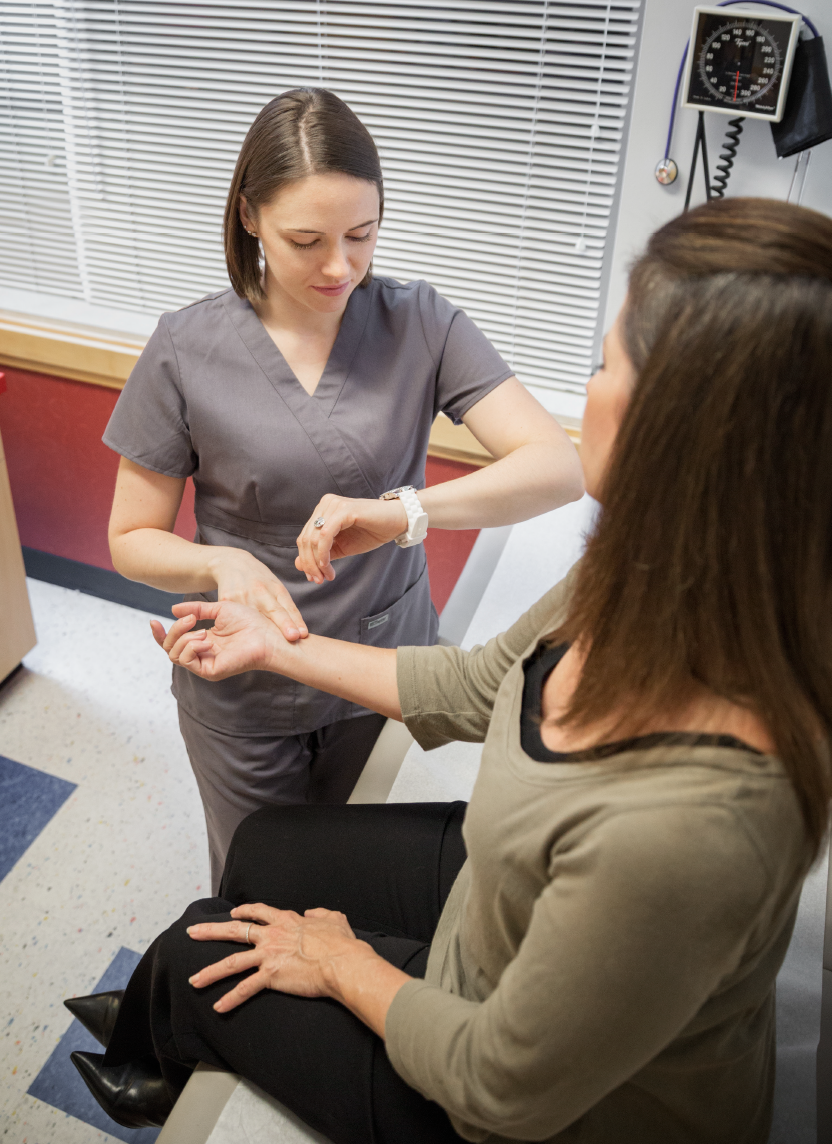Today kicks off the first day of Medical Assistant Recognition Weekand it’s never been a better time to be a medical assistant!
As the healthcare field grows and changes, the role of the medical assistant has grown, too - there are more and more MAs working on healthcare teams, and the scope of work for medical assistants has grown. Here are some reasons why it’s a great time to be an MA:
1. Medical assistant job growth is on the rise
The BLS (Bureau of Labor Statistics) predicts that jobs in the field of medical assisting will grow 23 percent from 2014-2024. That means we’re in the middle of this job growth right now - and it’s a great trend for aspiring and current medical assistants.
In addition to that growth, online job postings for medical assistants are on the rise - job postings grew 13% from 2014-2015 - showing that employers are increasing their roles for medical assistants.
2. The role of the medical assistant has evolved
“Top of license” medical practice is becoming the norm - meaning that every person on the medical care team, from the nurse to the doctor to the MA, only does the work that is most relevant to their particular expertise. That means that some of the duties that doctors used to take on are now managed by nurses, and the same applies to nurses and MAs. This change has opened the door for a much wider variety of responsibilities for MAs, from standard tasks like taking vitals and preparing patient rooms to more in-depth tasks like assisting with electronic medical records.
3. MAs can really shine right now
For most people, a trip to the doctor can be nerve-wracking. MAs have the opportunity to not just help the medical team work seamlessly, but to help add a human element to patients’ experiences at the doctor. You’ll often hear this referred to as “soft skills” - for an MA, soft skills include your ability to make patients feel comfortable and clearly communicate with them and your co-workers. If you can master your soft skills in addition to the “hard skills” of your technical duties as a medical assistant, you can take this career to a new level.
To read more about the changing role of medical assistants and understand how you can make the most of it, download your copy of NHA’s 2017 allied health publication, access™, and read The Role of Medical Assistants: Growth, Opportunity and Change.


